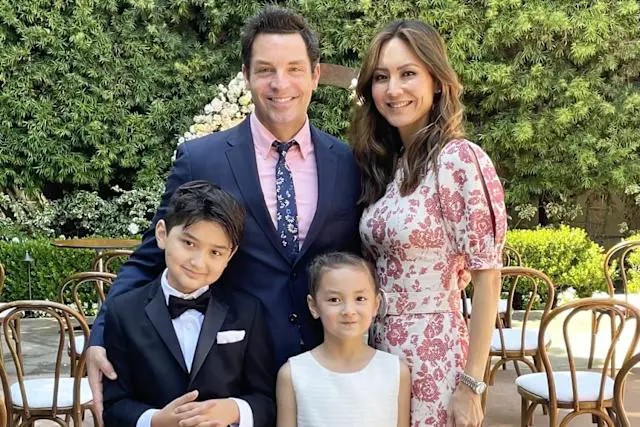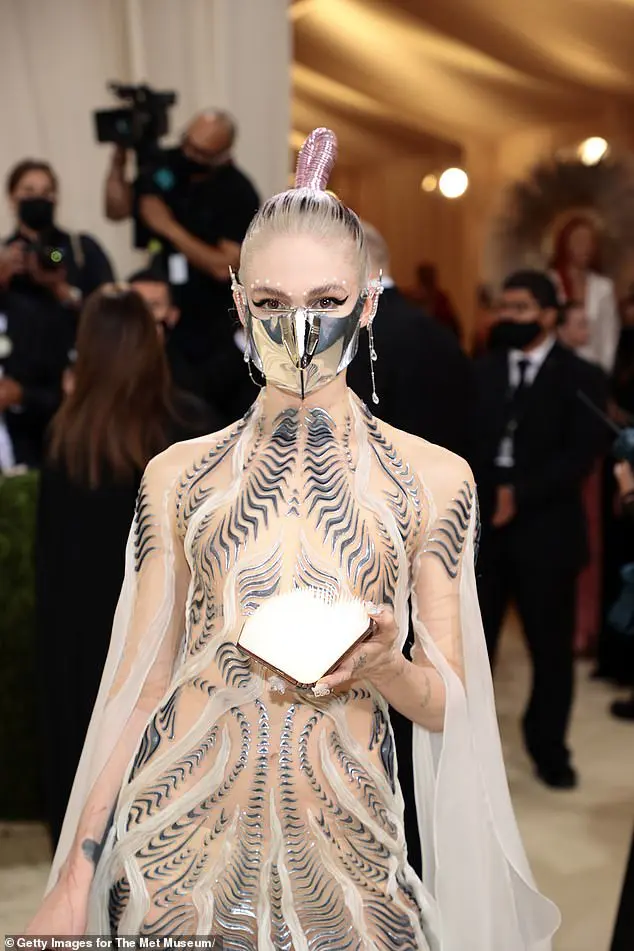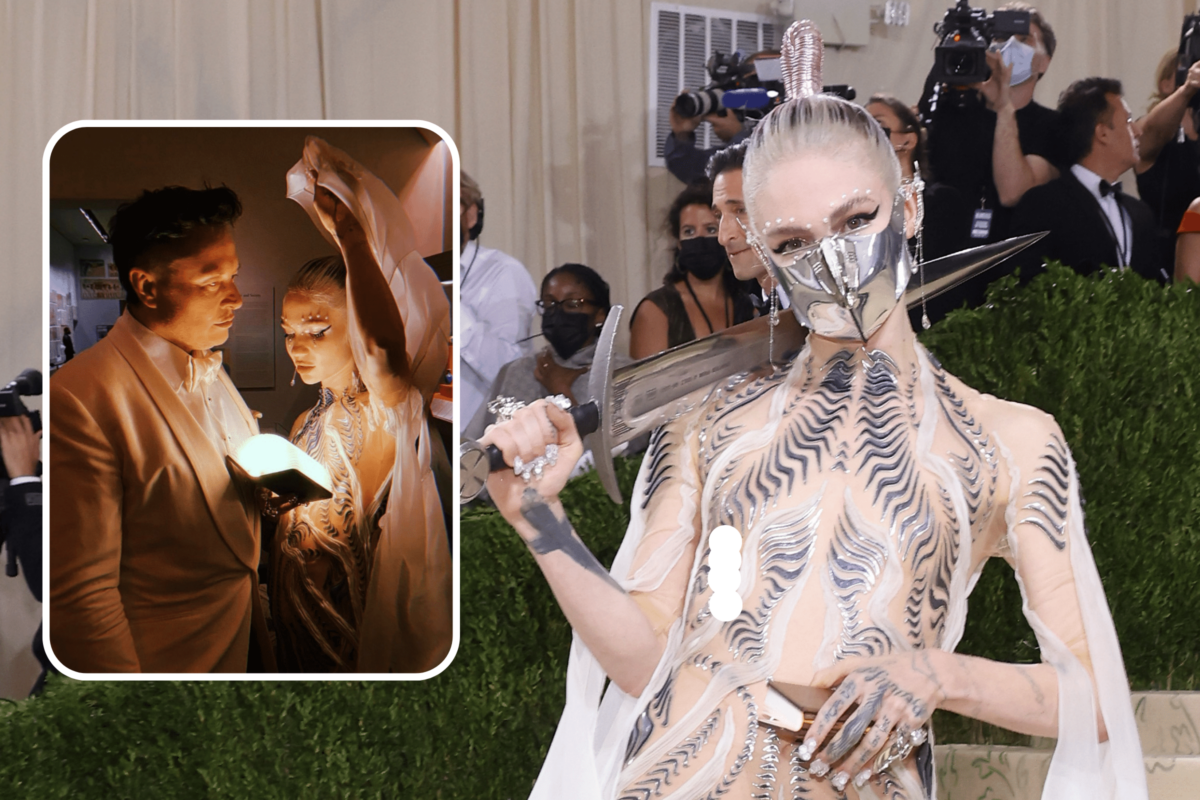Grimes, the Canadian musician known for her ethereal voice and innovative sound, recently shared an enlightening revelation regarding her mental health. Through a heartfelt post on social media, she disclosed that she has been diagnosed with autism and ADHD. The artist expressed how understanding her diagnoses could have profoundly affected her life choices and work experiences. Alongside this, she mentioned the possibility of dyslexia being a part of her struggles with written communication. This revelation opens up discussions surrounding mental health awareness, self-expression, and the impacts of such diagnoses on creativity within pop culture. The personal insights she shares not only shed light on her artistic journey but also resonate widely with many who navigate similar experiences.
As we delve deeper into Grimes’ experiences and perspectives, it provides an extraordinary opportunity to explore the intersections of mental health, creativity, and the evolving conversation around these topics in our society.
Understanding Grimes’ Diagnosis
Grimes’ announcement regarding her diagnosis of autism and ADHD has notably encouraged discussions surrounding mental health and self-awareness. The artist reflects on how her life might have differed had these conditions been recognized in her childhood. Grimes believes that an earlier diagnosis could have spared her countless struggles, and allowed for a different approach to her creative pursuits. With this perspective, she illustrates how the world often overlooks the complex nature of mental health and its vast implications.

Impact of early diagnosis on personal growth
Exploring the profound influence that an early diagnosis could have had on her personal and professional development reveals the potential benefits of awareness. Grimes reflects on her childhood and recognizes that had she been informed, she could have worked more efficiently and possibly avoided certain hardships. Her statement, “I would have worked so much less hard and been on drugs,” encapsulates the pain of unrecognized challenges faced by many who are neurodivergent.
The journey to understanding one’s self can often be marred by societal expectations and misunderstandings surrounding neurodiversity. Grimes articulates the “weird obsessions and motivations” that many would misinterpret as pathological. Without the context of her diagnosis, these manifestations might have been deemed eccentric at best, or troubling at worst.
Broader implications for society
The recognition and validation of conditions such as autism and ADHD in public figures like Grimes play a critical role in promoting awareness. They stimulate broader discussions on neurodiversity and mental health, encouraging society to embrace the complexities and unique experiences of individuals with similar conditions. By sharing her journey, Grimes challenges the stigma often associated with mental health and emphasizes the importance of understanding and acceptance.
As societal conversations shift toward inclusivity, it becomes essential for culture to foster environments where individuals feel safe to share their experiences. Grimes’ honesty exemplifies how artists can wield their influence to spark essential dialogues. This form of self-expression not only benefits their own mental well-being but also encourages others to find their voice and share their stories.
The Struggles of an Artist with ADHD
ADHD, or Attention Deficit Hyperactivity Disorder, often presents a unique set of challenges that can significantly impact both daily life and creative endeavors. For Grimes, the symptoms of ADHD were notably more pronounced during periods when she was not actively engaging with reading. This detail highlights a common experience where creative individuals find solace and focus through literature and art.

Coping mechanisms and their importance
Grimes’ reflections reveal that her coping mechanisms, particularly her engagement with reading, have been pivotal in managing her ADHD symptoms. This connection underscores the significance of finding outlets that stimulate creativity and provide structure. Embracing hobbies and interactions that nurture their passions can provide those with ADHD a framework that facilitates their unique cognitive processes.
Moreover, Grimes openly critiques the way society often simplifies and caricatures ADHD. By labeling it as merely a cocktail of hyperactivity and impulsivity, many fail to grasp the depth of its impact on an individual’s thought processes and creativity. The nuances of ADHD manifest in varying ways, not just through behavioral scenarios but also in challenges related to focus, emotional regulation, and social interactions.
How ADHD influences creativity
Creativity amid the chaos of ADHD can flourish in unexpected ways. The artist emphasizes that her quirks, which might have been perceived as liabilities, actually contribute to her artistic vision. Grimes acknowledges that the “weird obsessions” she experiences serve as powerful sources of inspiration. This perspective challenges the stigma surrounding neurodiversity, celebrating how varied cognitive functions can enhance creativity rather than hinder it.
The arts frequently serve as a refuge for those with neurodivergent conditions. Grimes’ work embodies this truth by showcasing intricate emotions tied to her personal experiences. Her journey through artistry does not just reflect her struggles but also symbolizes triumph over adversity, empowering many individuals facing similar battles.
Combating Misinformation in Mental Health Discussions
With the rise of social media, platforms have become a double-edged sword in discussing mental health. Grimes expressed concerns regarding the “uninformed social media mental health subculture” which often proliferates misinformation. This phenomenon can create environments that are damaging rather than healing, especially for those seeking guidance or community.

Importance of accurate information
Access to accurate information regarding mental health is crucial. Grimes’ critique points to the dangers of unsupervised medical advice shared across social media platforms. With many turning to these channels for insight, injured credibility can have dire consequences, potentially leading individuals astray from beneficial paths to understanding and support.
Grimes advocates for clear communication from professionals and transparency in mental health discussions, promoting a proactive approach to wellness. Educational resources should aim for inclusivity while dispelling myths commonly associated with conditions such as autism and ADHD.
Finding community and support
For many individuals navigating mental health challenges, community representation is vital. Grimes emphasizes the necessity for safe spaces where people feel supported and understood. Open dialogue regarding the realities of living with conditions such as ADHD not only fosters understanding but also generates a sense of solidarity and connectedness.
Platforms that encourage community-building and awareness serve to dispel stigmas and foster environments of acceptance. Artists, influencers, and individuals share their stories, creating pathways for others to do the same. Grimes symbolizes this movement, shedding light on the realities of living with mental health conditions while advocating for empathy and understanding.
Grimes: A voice for change in pop culture
As a prominent figure in the music industry and pop culture, Grimes stands at the intersection of self-expression, advocacy, and artistry. By opening up about her personal experiences with autism and ADHD, she becomes not just an artist but a beacon for change, encouraging fans and fellow creators to embrace their realities.
Redefining success and creativity
In redefining success, Grimes challenges conventional paths often dictated by society. Her honesty regarding diagnoses promotes the idea that differing neurodivergent experiences are not lesser but inherently valuable. This redefinition resonates universally, urging individuals to embrace their uniqueness without shame.
Grimes also instills a sense of hope for aspiring artists struggling with mental health barriers. Her determination to advocate for mental health awareness showcases how creativity can be a powerful tool for healing and understanding, leading to meaningful conversations in today’s culture.
The future of mental health conversations in pop culture
As figures like Grimes continue to foster conversations surrounding mental health awareness, the movement toward acceptance in the creative industries will evolve. The need for understanding extends beyond personal narratives, advocating for systemic changes in how society discusses mental health.
The growing representation of neurodiversity within the arts represents a critical turning point in cultural dialogues. Grimes embodies the change necessary to recalibrate societal views, inviting both fans and fellow artists to join in and support mental health initiatives. As she influences the artistic landscape, her voice strengthens the foundation for more inclusive narratives that prioritize mental well-being.
I’m Mikael, a 35-year-old Gossip Gravity Creator. I’m passionate about curating captivating content that sparks conversations and ignites curiosity. Join me on this exciting journey as we explore the fascinating world of gossip and trends together!



